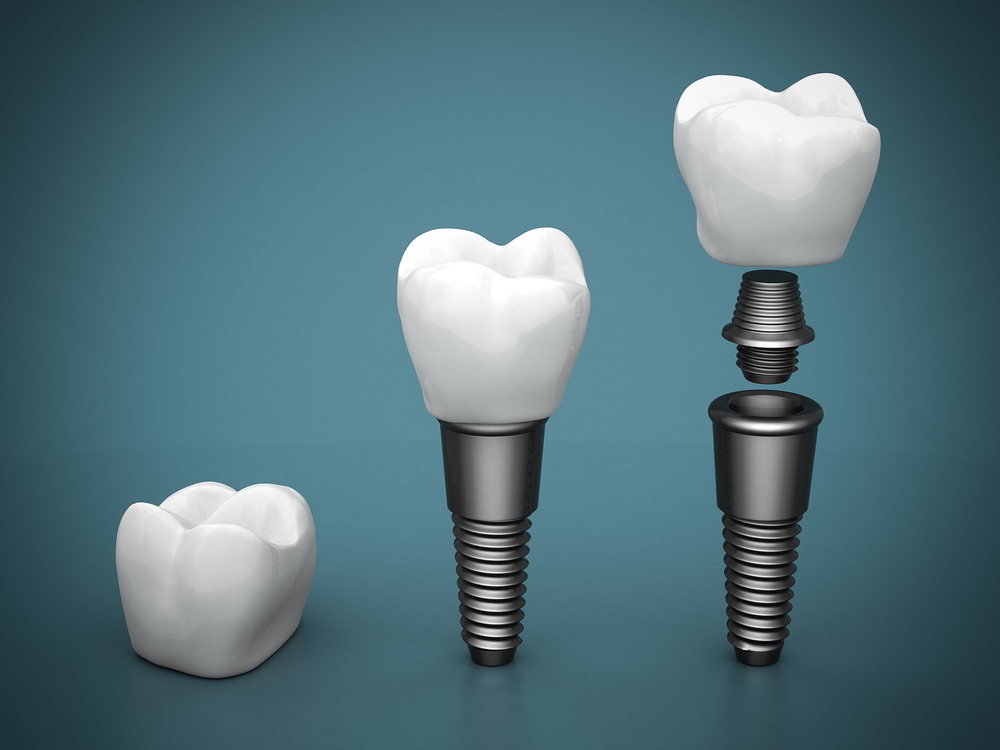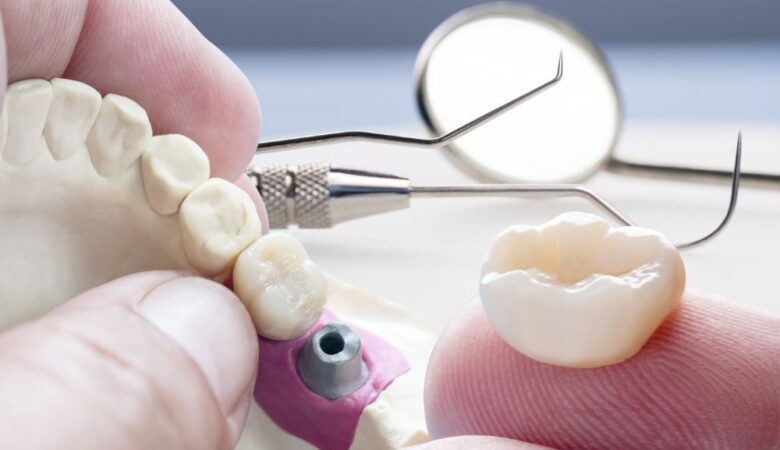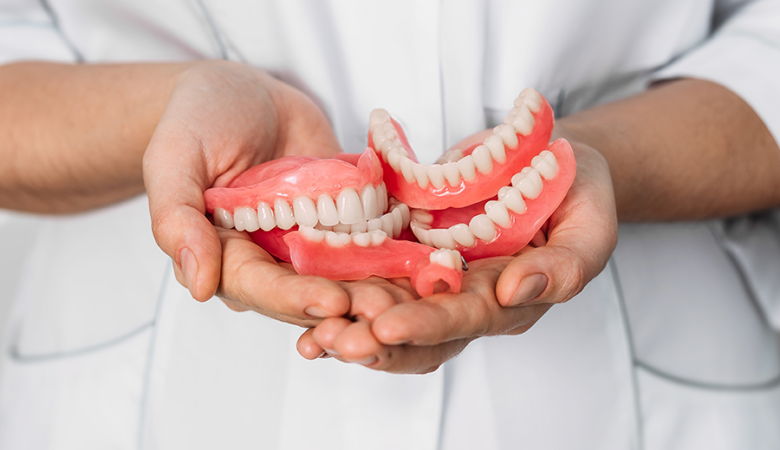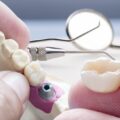Dentures are very important. For aesthetic reasons, but also for health reasons, for all ages, as tooth loss can occur as a result of an accident or as a result of illness. In such cases, it is extremely important to replace the missing teeth as quickly as possible. Otherwise, the chewing function changes, which in turn impairs digestion and endangers neighboring teeth as they can become loose and the biting position changes. Tooth loss can have a number of other harmful consequences, such as tooth decay or bone loss. In this article we will write in detail about the advantages and disadvantages of dental implantation, as well as the cases in which the procedure cannot be performed.
Which is better: implant or crown?
The most important guidelines in dentistry today are conservative dentistry and minimally invasive procedures. This means that our goal is to preserve as many teeth as possible and to only remove dental material minimally during procedures. This means that the implant is becoming more and more important compared to crowns and prostheses.
Before the advent of implants, a tooth once removed could only be replaced by grinding at least two healthy teeth in addition to the missing tooth, which involved the removal of significant healthy tooth material and has several disadvantages. In contrast, the implant functions as a separate “tooth root” so that intact neighboring teeth are not damaged during the procedure. Another advantage of the implant is that a significantly more aesthetic, stable and lasting result is achieved with an implant.
Zirconium and a ceramic-covered metal crown can also be applied to the implant. From an aesthetic point of view, however, a more beautiful result can be achieved in the front area with a zirconium crown. Another advantage of the implant is that it feels like your own tooth. It adapts to your own teeth both aesthetically and functionally.
Studies on the implants used today show that the 5-year retention rate is over 97%. This does not mean that after 5 years the probability of implant loss increases, but the opposite; By maintaining proper oral hygiene and regular dental checkups, the implant can last forever! The big advantage is that although the abutment needs to be replaced from time to time, as the teeth next to the crown can become worn or yellow with age, the root of the implant itself is not replaced, as from there the old abutment easily unscrewed and a new one can be inserted in its place.
The only disadvantage of implantation is that the treatment takes longer as you have to wait a few weeks after the tooth extraction until the surgical area has healed well. It takes a few months for the implanted material to stabilize in the bone. In addition, the cost is higher compared to crowns or dentures.
In what cases can implantation not be performed?
If you would like an implant, we will first check whether the procedure is possible for you. Implantation is not recommended if wound healing is delayed by a disease or medication, such as untreated diabetes, taking antidepressants, or bone metabolism disorders. In patients with endocrinological diseases, oral surgery and implantological procedures should only be carried out with great caution or not at all (due to the frequent cardiovascular symptoms and pathological bone changes).
After a heart attack or heart valve prosthesis implantation, an appropriate waiting period must be planned before the implantation can be carried out. Even after radiation therapy in the head and neck area, the failure rate for implantation is high, so it is worth waiting at least 5 years before implantation can be carried out.











